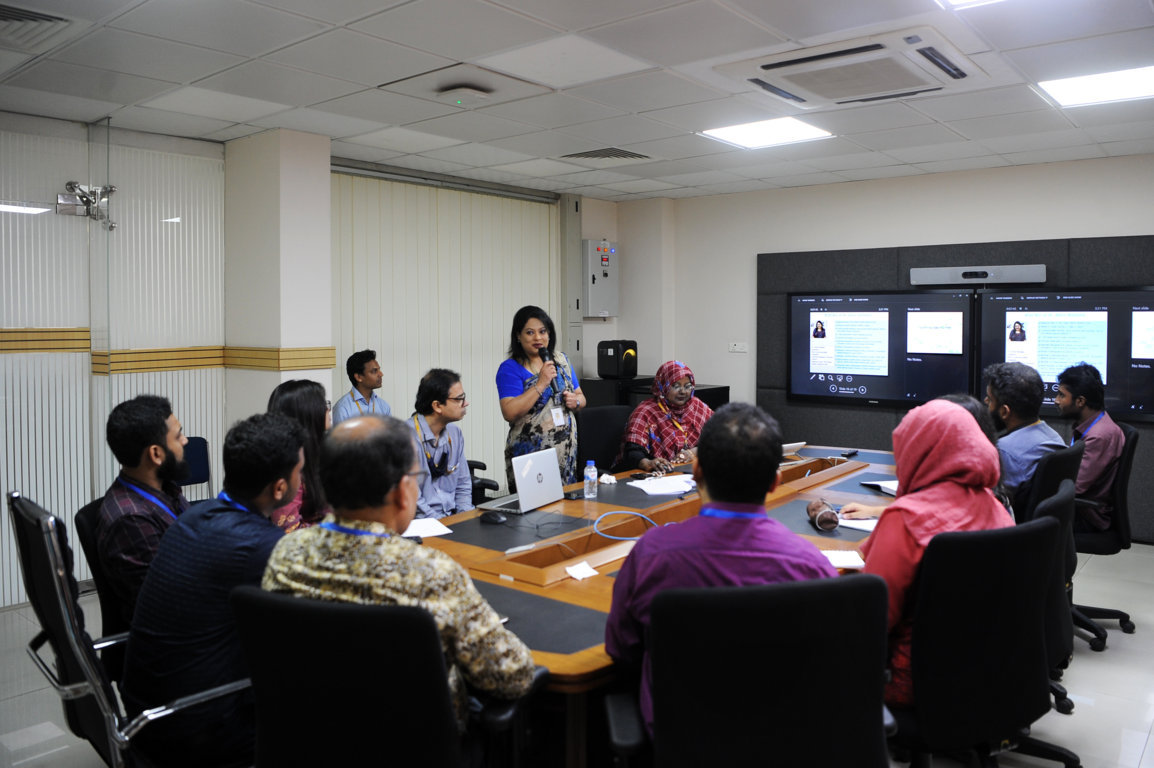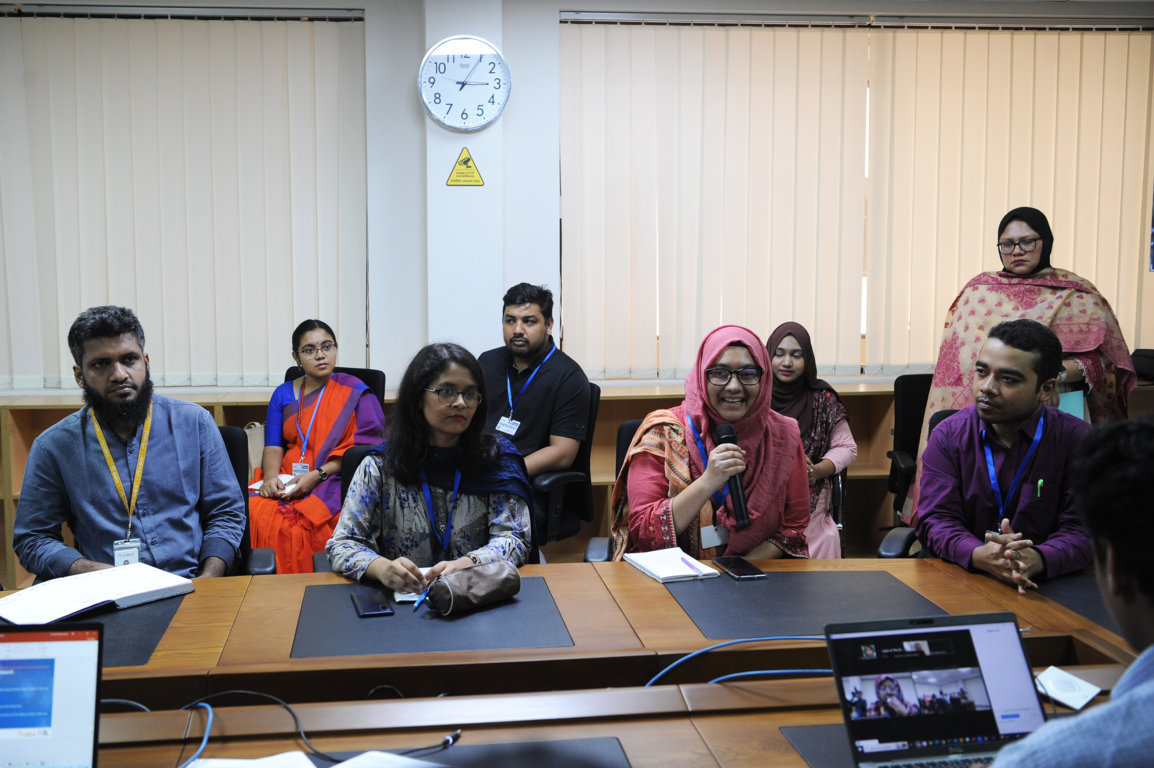
The Global Health Network organized a hybrid webinar on “Introduction to Ethics in Research” that was held on May 30 at 3.0 PM BST. This session was conducted under the project “A New Ecosystem for Health Research & Data Science” and hosted by The Global Health Network Asia. The aim of the webinar was to provide participants with a fundamental understanding of research ethics. Attendees learned about the basics of ethics, informed voluntary consent, the fundamental principles of ethics, and the evaluation of ethical issues in health research. A total of 173 participants attended the session, including 143 who joined virtually and around 30 who joined in person. Dr. Salvia Zeeshan, the Regional Manager for The Global Health Network Asia described the aim of the hub which is to improve health research capacity in Asia through a variety of programs, including learning modules, workshops, and mentorships. She also mentioned that TGHN Asia will support the strengthening of capacity for grant management, finance, and project management for health research. The hub is currently supporting the establishment of research clubs, data science clinics, workshops, and mentorship programs.
Dr. Aliya Naheed, scientist, icddr,b and regional lead, The Global Health Network Asia was the key speaker in the sessions and delivered talk on “Introduction to Ethics in Research”. Dr. Naheed emphasized the importance of ethical considerations, such as respecting humanity, prioritizing participants' interests over researchers', ensuring participants' autonomy, and promoting beneficence towards them. She also touched upon the significance of maintaining confidentiality, privacy, and obtaining informed written consent from participants. Dr. Naheed share her extensive experience in various ethical provisions. The webinar concluded with a question-and-answer session, allowing participants to engage and gain further insights into ethical considerations in research.
During the question and answer session, participants share experience and asked difference questions. For example, one researcher asked that how to effectively communicate the time constraints and potential impact of delayed approvals from the research ethics board without undermining ethical review, drawing on their academic and professional background. The speaker advised researchers to be respectful and try to understand the concerns raised by the ethics board. They suggested being attentive to the issues raised and honestly addressing what can and cannot be addressed. Additionally, researchers can ask the ethics board for suggestions on how to solve specific problems. If a logical argument is required, strong references and background information should be provided. In cases of lack of understanding, setting up a meeting with the chair or director of the ethics committee can help clarify concerns.
 |
 |
Dr. Aliya Naheed delivering the talk of the session. Question answer sessions